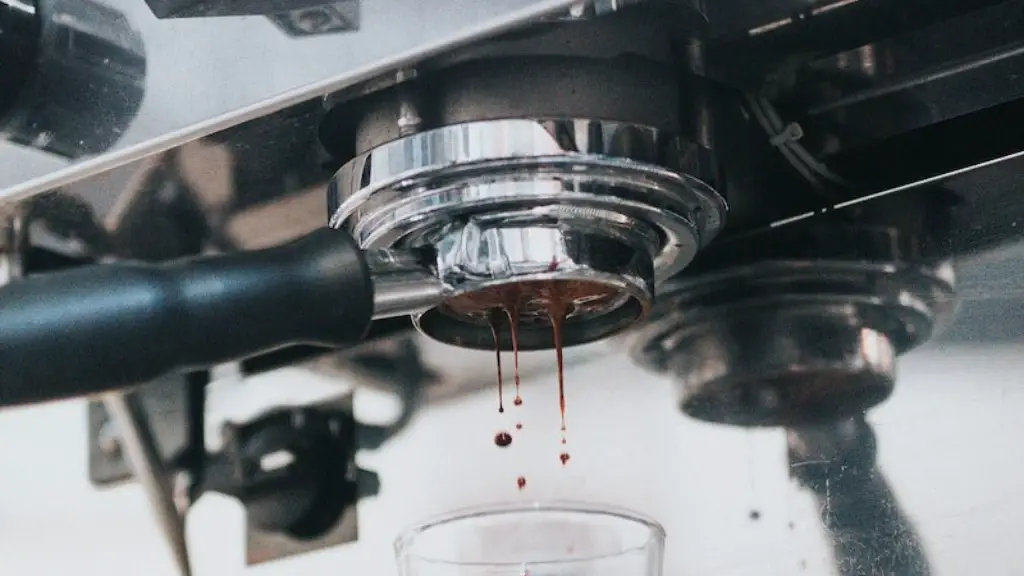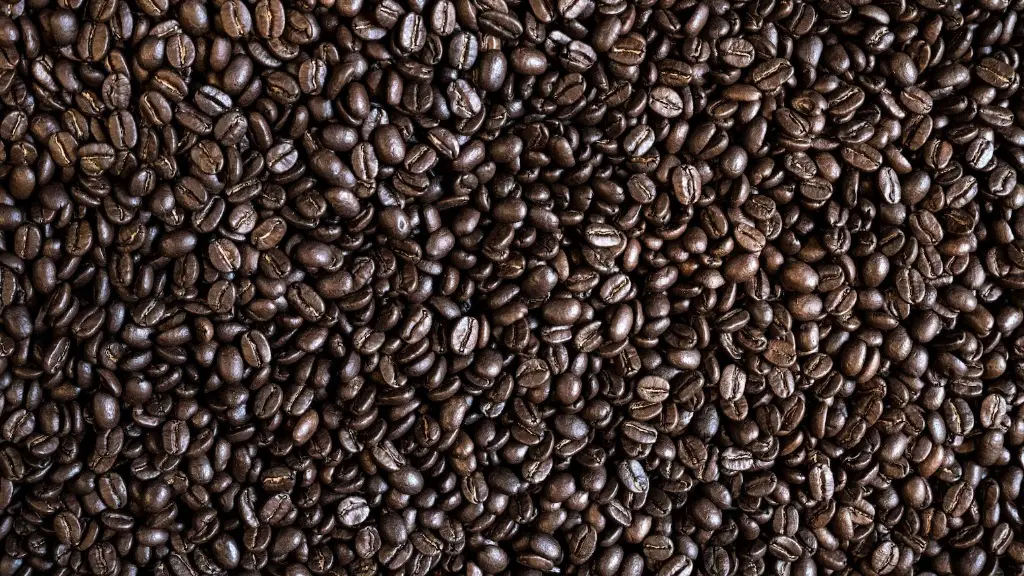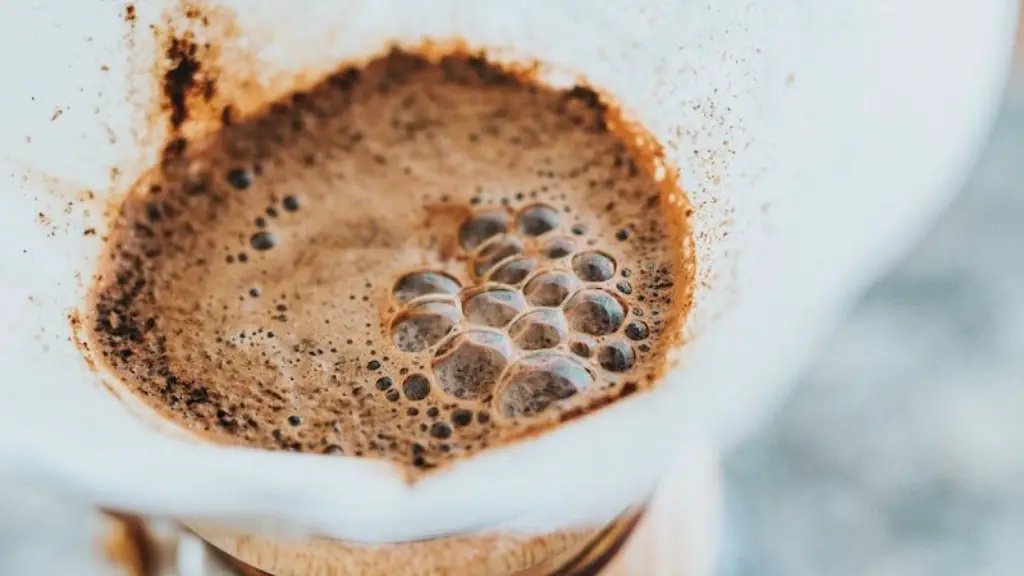Coffee is often used as a pick-me-up or to ward off drowsiness. It’s one of the most popular beverages in the world, and many people rely on it to provide an energetic boost. But can you drink coffee before an EKG, an electrocardiogram?
An electrocardiogram (EKG) is a test that records the electrical activity of the heart. This test helps doctors detect any problems with your heart and show any past problems. It is one of the most important tests a person can take.
When it comes to drinking coffee before an EKG, the answer is not always straightforward. It depends on the individual. While some people may be fine drinking coffee before an EKG, others may not. Some people may have an increase in their heart rate or have irregularity in their heartbeat after drinking coffee.
It is generally recommended to avoid coffee before an EKG. This is because caffeine can interfere with the results of the test. Caffeine can increase your heart rate and raise your blood pressure. These changes could lead to false readings from an EKG.
It is important to follow your doctor’s instructions before an EKG. Your doctor may advise you to avoid caffeine for up to 24 hours before the test. This includes coffee, tea, energy drinks, and other caffeinated beverages. It is also important to inform your doctor if you take any medications that contain caffeine or other stimulants.
If you are unsure of whether or not it is safe to drink coffee before an EKG, it is best to consult your doctor. Your doctor can give you specific advice regarding what is safe for you before the test. Your doctor will take into account your medical history and any medications you are taking.
In general, it is best to avoid drinking coffee before an EKG. This can help ensure that the results of the test are accurate. Be sure to check with your doctor to learn the best way to prepare for your EKG.
Coffee Drinking Habits
Coffee is one of the most popular beverages in the world. Many people rely on coffee for an energy boost and for its health benefits. Drinking coffee regularly is associated with lower risks of certain illnesses, including type 2 diabetes and liver disease.
Before deciding to drink coffee before an EKG, it is important to consider one’s coffee drinking habits. A person’s coffee drinking habits can affect their body’s sensitivity to caffeine. For example, those who drink coffee every day may not be affected by drinking coffee before an EKG, while those who rarely drink coffee may be more susceptible to the effects of caffeine.
It is important to be aware of the potential effects of caffeine on one’s heart rate and blood pressure. Regularly drinking coffee may lead to increased levels of tolerance. This means that those who drink coffee regularly may not experience the effects of caffeine as intensely as those who rarely or never drink coffee.
It is best to be aware of one’s own habits and sensitivity to caffeine before making any decisions about drinking coffee before an EKG. If one does not regularly drink coffee, it may be better to abstain from its consumption before the test.
Effects of Coffee on the Body
When considering drinking coffee before an EKG, it is important to understand the effects of the beverage on the body. Coffee contains caffeine, which is a stimulant drug. Caffeine stimulates the nervous system and increases alertness and energy levels.
Caffeine can also have physiological effects on the body, including increasing heart rate, raising blood pressure, and constricting blood vessels. These effects can be worse in people who drink coffee regularly and could interfere with the results of an EKG.
It is also important to consider potential side effects of consuming large amounts of caffeine. According to the Harvard Health Publications, drinking too much coffee can cause heart palpitations, insomnia, headaches, and nausea. These symptoms can be a sign of an underlying medical condition and should always be discussed with a doctor.
It is best to be aware of the effects that coffee can have on the body and to understand the potential risks of drinking coffee before an EKG. Discussing any potential concerns with your doctor can help ensure that your EKG is accurate and successful.
Alternatives to Coffee
If you are advised to avoid caffeine before an EKG, there are many alternatives to coffee that can provide a pick-me-up. Herbal teas, such as chamomile and peppermint, are naturally caffeine free and can provide a light, refreshing pick-me-up.
Nicotine gum or patches can also provide a boost of energy without the use of caffeine. For those who want an energy boost without the use of any stimulants, turning to exercise can be beneficial. A brisk walk or a light jog can increase alertness without having any adverse effects on the body.
When it comes to drinking coffee before an EKG, the best option is to abstain from its consumption. But, if you do need an energy boost, there are many alternatives. Be sure to discuss any concerns with your doctor to determine the best option for you.
Caffeine Intake and Overall Health
Drinking coffee before an EKG can interfere with the results of the test. This can be particularly concerning if a person drinks coffee regularly and is used to the effects of caffeine. While an occasional cup of coffee will not have any significant health effects, regularly drinking large amounts of coffee can affect a person’s overall health.
Regularly consuming large amounts of caffeine can lead to increased levels of stress, anxiety, and fatigue. It can also be linked to nausea, headaches, and heart palpitations. Furthermore, drinking too much coffee can lead to dependency and withdrawal symptoms once it is stopped.
When considering drinking coffee before an EKG, it is important to remember the effects that regular coffee consumption can have on overall health. Evaluating one’s own coffee drinking habits can help ensure that the body can handle any potential effects of caffeine before an EKG.
Conclusion
When it comes to drinking coffee before an EKG, the best action is to discuss any concerns with a doctor. Every person’s body reacts differently to the effects of caffeine and the sensitivity can vary depending on coffee drinking habits. Generally, it is best to avoid drinking coffee before an EKG to ensure accurate results.
If one is looking for an energy boost without the use of caffeine, there are plenty of alternatives. Exercise, herbal teas, and nicotine gum or patches can all provide a boost of energy without the potential risks of caffeine. Drinking coffee regularly can have serious adverse effects on one’s overall health and should always be discussed with a doctor.





